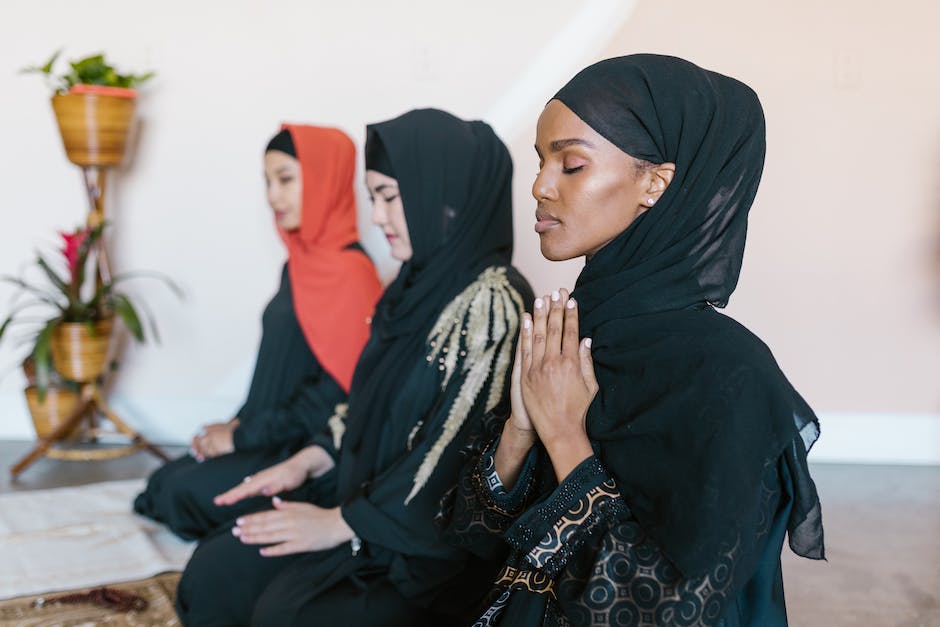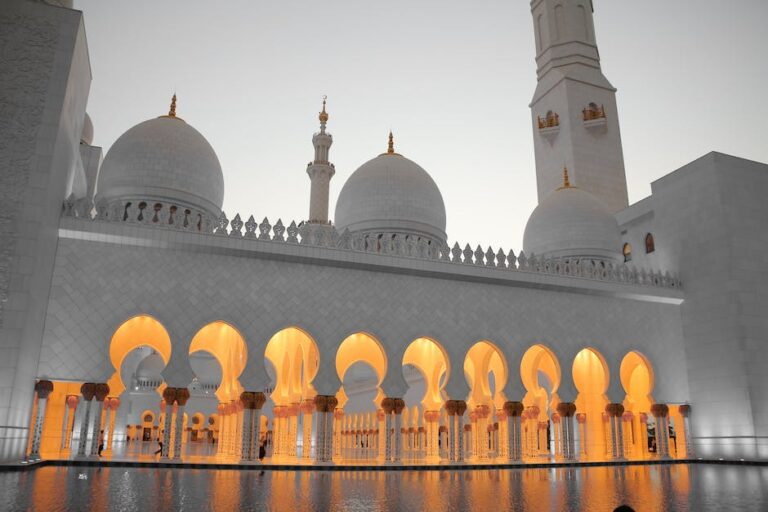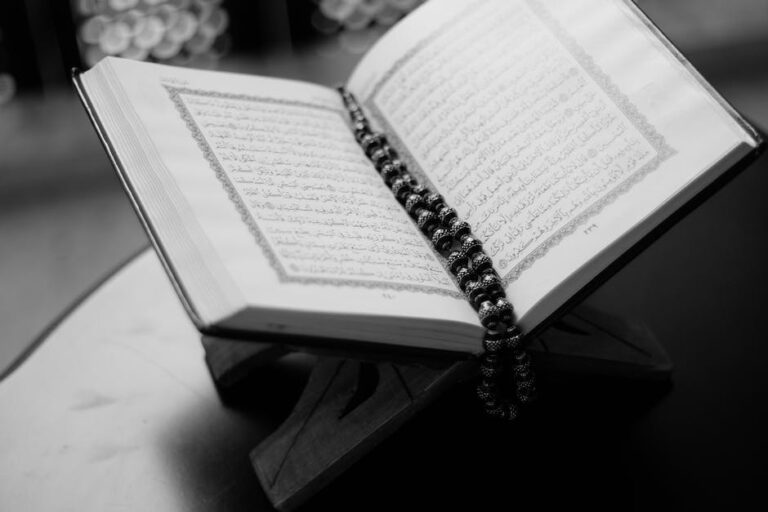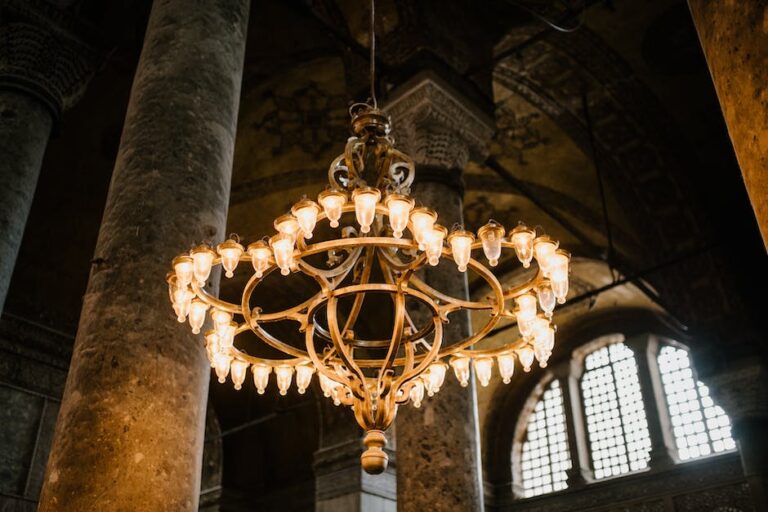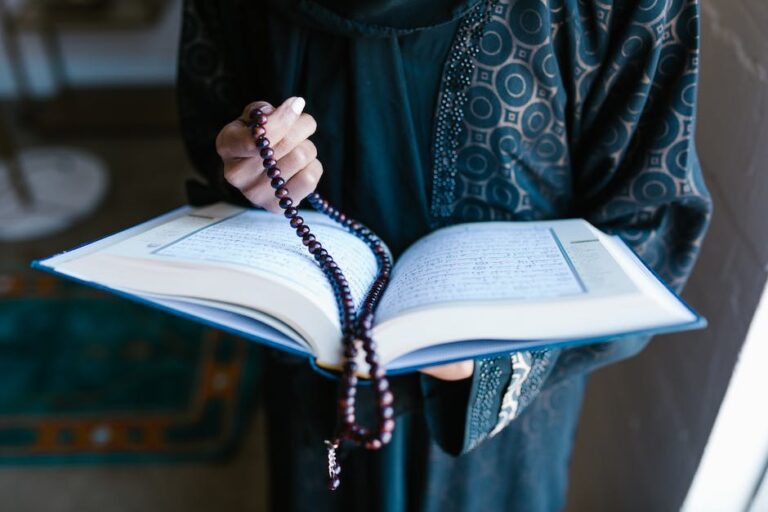Eco-Friendly and Ethical Islamic Fashion: How Muslim Businesses are Leading the Way
The fashion industry is one of the most polluting industries in the world. The fast fashion trend has brought about an overproduction and overconsumption of clothing, leading to the depletion of natural resources, water pollution, and greenhouse gas emissions. With the environmental impact of fashion becoming increasingly alarming, more and more consumers are turning to ethical and sustainable fashion options.
Islamic fashion, in particular, has not been left behind in the move towards sustainability. Muslims are increasingly becoming more conscious of their impact on the environment and are looking for ethical and eco-friendly fashion alternatives. Muslim fashion businesses are now leading the way in providing sustainable options, with many brands recognizing the need to not only adhere to Islamic values but also to promote ethical and eco-friendly practices in the fashion industry.
The Importance of Sustainability in Islamic Fashion
Sustainability in fashion has always been central to Islamic values. The concept of mizan (balance) emphasizes the importance of a harmonious relationship between humans and the environment. The Quran states: “And it is He who has made you successors upon the earth and has raised some of you above others in degrees [of rank] that He may try you through what He has given you. Indeed, your Lord is swift in penalty; but indeed, He is Forgiving and Merciful.” [Quran 6:165]. This highlights the importance of taking care of our planet and ensuring that resources are not depleted for future generations.
Islamic fashion brands are realizing the significance of aligning their business with their faith by promoting sustainable fashion practices. This includes the use of natural and organic fabrics, recycling, and ethical labor practices. By doing so, these brands are providing conscious fashion options for Muslim consumers that are both aesthetically pleasing and environmentally friendly.
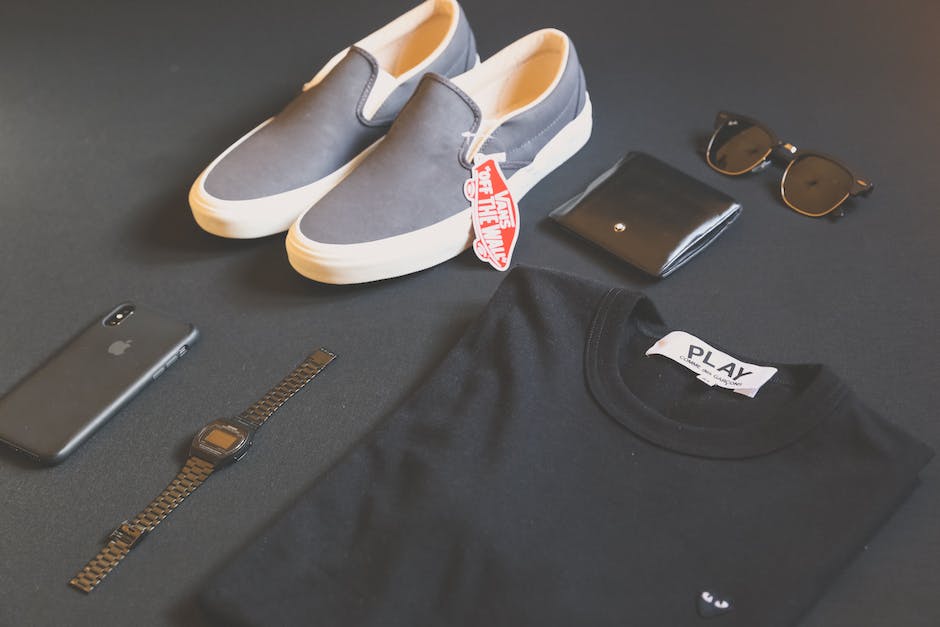
Muslim-Owned Fashion Brands Making a Difference
Muslim-owned fashion brands are making a significant impact in the sustainable fashion industry. These businesses are founded on Islamic principles of fairness, social responsibility, and caring for the environment. They promote ethical and eco-friendly fashion choices, providing consumers with options that align with their beliefs and values.
One example is The Good Tee, a Canada-based Muslim-owned fashion brand that promotes sustainability and ethical practices in fashion manufacturing. They use 100% organic cotton and employ fair trade standards to ensure ethical working conditions for their workers. Another brand, Veiled in Elegance, is a USA-based Muslim women’s clothing line that promotes ethical practices by using recycled and upcycled materials in their designs.
Muslim-owned fashion brands are not only making a difference in the fashion industry but are also promoting Islamic values of sustainability, social responsibility, and fairness. They are leading the way in providing conscious fashion choices for Muslim consumers and are contributing to a more sustainable future for the fashion industry.
Organic and Recycled Fabrics in Islamic Fashion
The use of natural and organic materials is becoming increasingly popular in the sustainable fashion industry, and Islamic fashion is no exception. Organic cotton, bamboo, linen, and wool are among the most common natural fabrics used in Islamic fashion. These materials are grown without the use of harmful chemicals and pesticides, reducing the impact on soil and water resources while providing a superior quality product. Organic cotton, in particular, is an ideal material for Islamic fashion as it is breathable, soft, and comfortable to wear.
Recycled fabrics are also gaining popularity in Islamic fashion. By using fabrics that have already been produced, the need for new materials and resources is reduced, resulting in a lower carbon footprint. Recycled polyester, for instance, is made from recycled plastic bottles and can be used to produce a variety of fabrics, including hijabs and abayas.
Fair Trade Practices in the Islamic Fashion Industry
Fair trade practices in the fashion industry ensure that workers are treated fairly and are paid a living wage for their labor. The production of Islamic fashion is no exception, and many Muslim-owned fashion brands are committed to implementing fair trade practices in their manufacturing processes.
Fair trade standards include safe working conditions, no child labor, and fair wages. Brands that adhere to these standards contribute to a more just and equitable supply chain, ensuring dignified working conditions for their workers and promoting social justice. Additionally, this leads to greater accountability and transparency from brands in the fashion industry.
In Islamic fashion, fair trade practices are crucial not only for the welfare of workers but also for adhering to Islamic values of justice and fairness. By promoting fair trade practices, Muslim-owned fashion brands are creating a more responsible and equitable fashion industry, contributing to a better future for both producers and consumers.
The Role of Islamic Fashion in Promoting Environmental Awareness
Islamic fashion is not just about creating aesthetically pleasing clothing. It also has an essential role in spreading environmental awareness and promoting sustainable practices. Islamic fashion can be a powerful tool in inspiring Muslims to take action towards reducing their impact on the planet.
One way that Islamic fashion promotes environmental awareness is through the use of sustainable materials. For example, organic cotton and recycled polyester are becoming more popular in the production of Islamic clothing. These materials are environmentally friendly and promote a sustainable way of life.
Another way that Islamic fashion promotes environmental awareness is through the designs themselves. Many Islamic fashion brands incorporate natural elements such as floral patterns and earthy tones in their designs, reminding consumers of the importance of nature and the need to protect it.
Lastly, Islamic fashion brands often use marketing and advertising campaigns to promote sustainable living practices. Brands can use social media platforms and other channels to spread awareness on sustainable fashion practices, recycling, and environmentally conscious living.
How to Embrace Sustainable Islamic Fashion in your Daily Life
As Muslims, we have a responsibility to take care of the planet. Embracing sustainable Islamic fashion is an excellent way to do this. Here are some practical tips for embracing sustainable Islamic fashion in your daily life:
-
Choose sustainable materials – opt for clothing made from organic cotton, bamboo, and linen. These materials are environmentally friendly and better for your skin.
-
Shop from Muslim-owned brands – These brands often prioritize fair trade practices and sustainability.
-
Invest in quality clothing – Choose quality pieces that are built to last rather than cheaper, disposable clothing.
-
Host a clothing swap – This is a great way to refresh your wardrobe while reducing waste.
-
Repurpose and recycle – Consider repurposing old clothing instead of throwing it away. Also, recycle any materials that cannot be repurposed.
By embracing sustainable Islamic fashion, we can reduce our impact on the environment while simultaneously promoting responsible consumerism. Remember that every small effort you make can contribute to a more sustainable future for the fashion industry.

